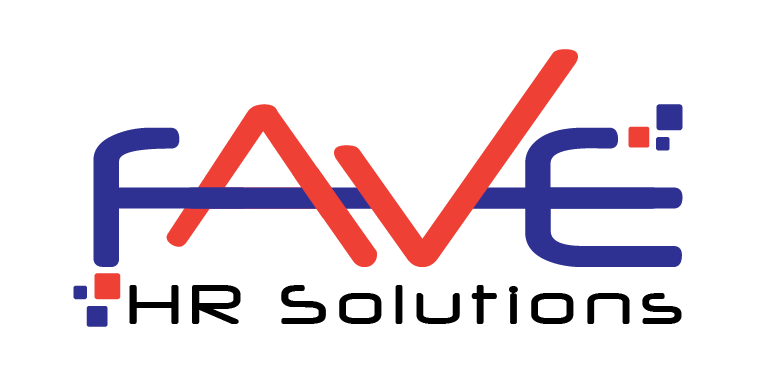
Establishing an Internal Committee (IC) to handle complaints is a crucial step for ensuring a safe and compliant workplace. An effective IC not only addresses grievances but also promotes a culture of transparency and accountability. Here’s a comprehensive guide to forming and training an IC, with insights on how Fave HR can support you throughout the process. Visit favehr.com for expert assistance.
1. Understand Legal Requirements
Before forming an IC, familiarize yourself with the legal requirements relevant to your region. For example, in India, the Prevention of Sexual Harassment (PoSH) Act mandates the formation of an IC to handle complaints of sexual harassment. Ensure that your committee’s structure and functions comply with local laws and regulations.
2. Define the IC’s Role and Responsibilities
Clearly outline the role and responsibilities of the IC. This includes handling complaints, conducting investigations, recommending actions, and ensuring compliance with relevant laws. A well-defined scope of work helps in setting expectations and ensures that all committee members understand their duties.
3. Select the Right Members
Choose members who are impartial, trustworthy, and capable of handling sensitive matters. Typically, the IC should include:
- Chairperson: Often a senior employee or external member with experience in handling complaints.
- Members: A mix of senior and junior employees from different departments to ensure diverse perspectives.
- External Member: An independent person with expertise in legal or HR matters (often required by law).
Ensure that all members are trained in handling complaints and are familiar with the relevant policies and procedures.
4. Provide Comprehensive Training
Training is essential for the IC to perform its duties effectively. Training should cover:
- Legal Framework: Understanding relevant laws and regulations, such as the PoSH Act or other local legislation.
- Complaint Handling Procedures: Steps for receiving, recording, and investigating complaints.
- Confidentiality: Ensuring that all complaints are handled confidentially to protect the privacy of all parties involved.
- Bias and Impartiality: Training on avoiding bias and ensuring impartiality in handling complaints.
- Communication Skills: Effective communication techniques for interviewing complainants and witnesses.
Consider partnering with experts like Fave HR to deliver comprehensive training programs tailored to your organization’s needs.
5. Develop Policies and Procedures
Create clear policies and procedures for the IC to follow. This includes:
- Complaint Submission: How employees can submit complaints and what information should be included.
- Investigation Process: Steps for investigating complaints, including timelines and documentation requirements.
- Action and Resolution: Procedures for recommending and implementing actions based on investigation outcomes.
- Appeals Process: A mechanism for employees to appeal decisions if they are dissatisfied with the resolution.
Ensure that these policies are communicated to all employees and are accessible for reference.
6. Implement a Reporting Mechanism
Establish a reporting mechanism for employees to submit complaints confidentially. This could include an anonymous reporting system, a dedicated email address, or a hotline. Make sure employees are aware of the available options and feel comfortable using them.
7. Monitor and Evaluate
Regularly monitor the effectiveness of the IC and its processes. This includes reviewing the number and types of complaints received, the outcomes of investigations, and feedback from employees. Use this information to make improvements to the IC’s functioning and ensure that it remains effective in addressing complaints.
8. Promote Awareness
Promote awareness of the IC and its functions throughout the organization. Regularly communicate the role of the IC, the complaint-handling process, and the importance of reporting issues. This helps in building trust and encouraging employees to come forward with their concerns.
How Fave HR Can Support You
Fave HR offers expert support in forming and training your Internal Committee. Our services include:
- Guidance on Legal Compliance: Ensuring your IC meets all legal requirements.
- Tailored Training Programs: Comprehensive training on handling complaints and understanding relevant laws.
- Policy Development: Assistance in creating effective policies and procedures for your IC.
- Ongoing Support: Continuous support and evaluation to ensure your IC operates effectively.
For more information on how Fave HR can assist with forming and training your Internal Committee, visit favehr.com.
Conclusion
Forming and training an Internal Committee is essential for handling complaints effectively and maintaining a compliant workplace. By following these steps and leveraging the expertise of Fave HR, you can establish a robust IC that ensures fairness, transparency, and legal compliance. Visit favehr.com to learn more about our services and how we can support your organization in this important process.

